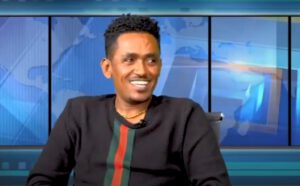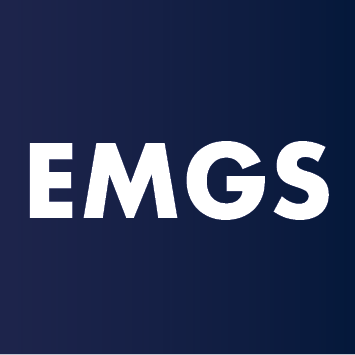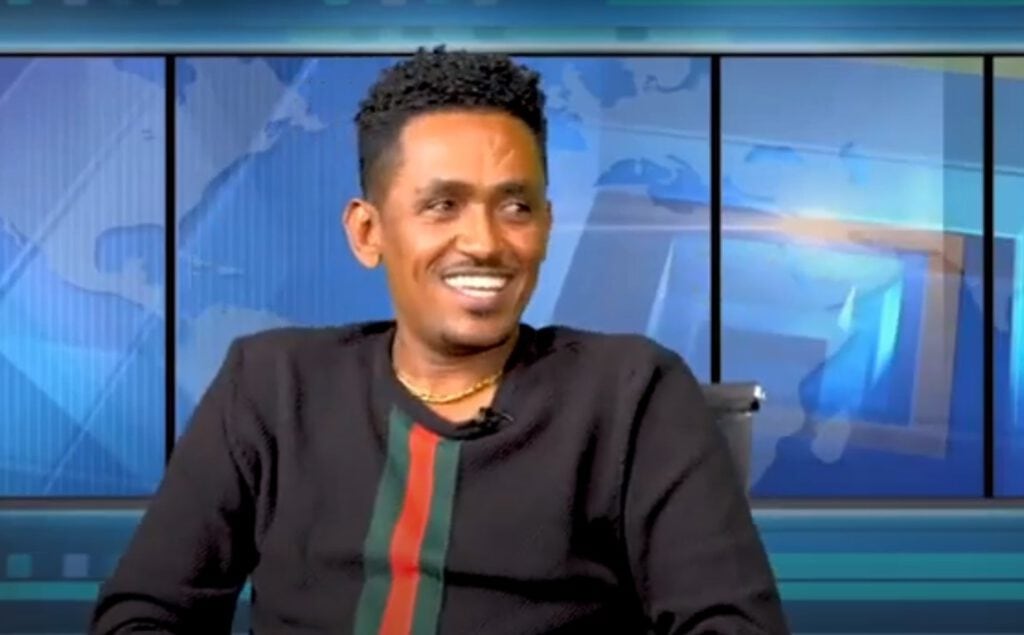
Interview with Ulf Engel, Institute of African Studies
After the assassination of the popular singer and activist Hachalu Hundessa, more than 80 people died have been killed in country-wide protests. Hachalu was killed Monday evening in Ethiopia’s capital, Addis Ababa.
- The media portrayed Hachalu Hundessa as an activist and freedom fighter. He belonged to the Oromo people. As a young man he was arrested at a demonstration and imprisoned for five years (2003-2008). What was his role in the country?
Hachalu Hundessa got 34 years old. On Monday evening, 29 June 2020, he was shot by unknown assailants in his house in a suburb of Addis Ababa. During the past days, commentators often stated that he had provided the “soundtrack” to the Oromo uprisings of the past five years. His first album was launched in 2009, based on songs that he had written while in prison. In these texts he sung about the displacement of Oromo from the fringes of Addis Ababa who were the victims of an urban expansion policy. Later he emphasized that it was in everyone’s hand to change political conditions. His albums sold especially well among the diaspora in the United States. He did not saw himself as a politician and was not part of organised political groups which articulated Oromo concerns.[1]
- The Oromo are the biggest population group in Ethiopia. Which problems are they facing? And how is this week’s popular unrest related to Hachalu’s death?
In Ethiopia political power is organized along ethno-federal lines. “Nations” are governing various federal states, while the capital, Addis Ababa, is federal territory – surrounded by the Oromia region. Until the end of last year, the country was ruled by a four-party coalition, the Ethiopian People’s Revolutionary Democratic Front (EPRDF). The autocratic party assumed power in 1991 and governed on the basis of an overwhelming parliamentary majority. The ruling coalition was dominated by the Tigray People’s Liberation Front (TPLF), Six per cent of the country’s 108 million people are Tigray.
Discussions on the expansion of the capital’s territory – Addis Ababa is growing exponential and the Federal Government wants to make space for new settlements and companies – since August 2016 have led to violent protests of Oromo groups. As a response the government twice declared a state of emergency. The protests addressed a wide range of political topics, from political liberalisation and release of political prisoners to inclusive economic growth and end to corruption. Public life partly came to a standstill.
- But Prime Minister Abiy Ahmed introduced some measures of political liberalisation, didn’t he?
In order to regain political agency and increase the legitimacy of the EPRDF the party leadership was exchanged in 2018: the hapless technocrat Hailemariam Desalegn (54) was replaced by Abiy Ahmed (43) who was socialised in the army and intelligence community and, at that point in time, was leader of the Oromo Democratic Party (ODP), one of the four coalition parties.
Subsequently, on the one hand, various political reforms were introduced and reconciliation with the country’s northern neighbour, Eritrea, was sought. The latter got Abiy the Nobel peace prize in 2019. On the other, the EPRDF crisis deepened between the TPLF and the other coalition partners. Domestic reforms came to a standstill.
In November 2019 three of the coalition partners agreed to launch a new party, Prosperity Party. The TPLF decided not to join the other parties in this move. And after parliamentary elections originally scheduled for August 2020 were postponed indefinitely because of the Corona pandemic, the TPLF announced that it would go ahead organizing a poll in the Tigray region. All signals indicate a serious conflict is on the horizon.
In the past, there have been signs that unknown forces in the country are vehemently opposed to Abiy’s policies: an attempt to assassinate the prime minister in June 2018, an attempted coup in June 2019, and after the murder of Hachalu on Monday this week, during an alleged attempt by security forces to remove the body from its home in Ambo, Oromia Region, Hachalu’s uncle and two policemen were killed. In total, at least 81 people across the country were killed in the protests by Thursday morning. Meanwhile, Prime Minister Abiy has accused unknown “domestic and foreign enemies” of killing Hachalu to further destabilize the country.
- In 2015, a protest movement of the Oromo emerged in Addis Ababa, which fought against their displacement from the capital. Hachalu Hundessa’s songs became an anthem of the demonstrators. What about the protest movement today?
It is not a unified political protest movement, on the contrary. There are several social sources among Oromo protest: students in Oromia and Addis Ababa, urban youth, diaspora groups in North America and Western Europe as well as various legal Oromo parties, but also former and now supposedly active liberation movements such as the Oromo Liberation Front (OLF). In addition, there are prominent opponents of Abiy, such as Jawar Mohammed (34), who returned from exile in the US. He is the founder of the Oromia Media Network and inspirer of the International Oromo Youth Association, also known as the Qeerroo („youth“) youth movement.
Jawar was arrested along with his entourage on Tuesday (June 30) when he tried to prevent the dead body of Hachalu from being transferred to his hometown in Ambo (100 km west of the capital). In addition to the Corona-related lock down, Ethiopia has also been back in a nationwide internet lock down since Tuesday, a practice that all the country’s governments have resorted to in recent years as soon as people take to the streets.
Many thanks for the interview!
The interview was conducted on Thursday, 2 July 2020. News from Addis Ababa is inconclusive.
[1] To get an impression of his music sung in Afaan Oromoo see, for instance, https://www.youtube.com/watch?v=i8iVN8OBHSU or https://www.youtube.com/watch?v=Wv3he6CGF3E.

